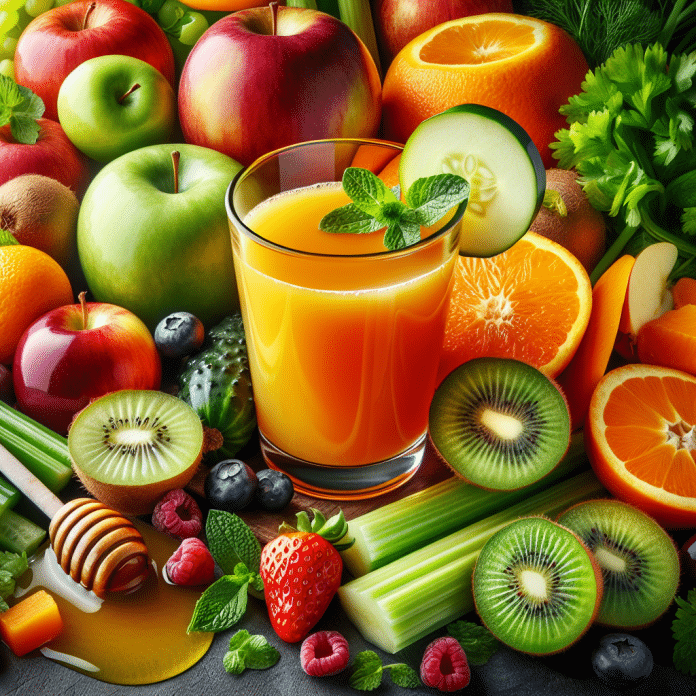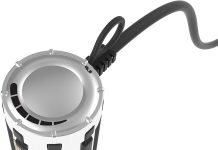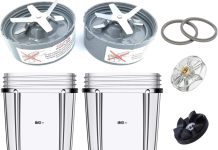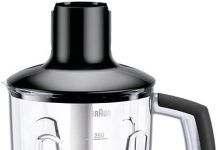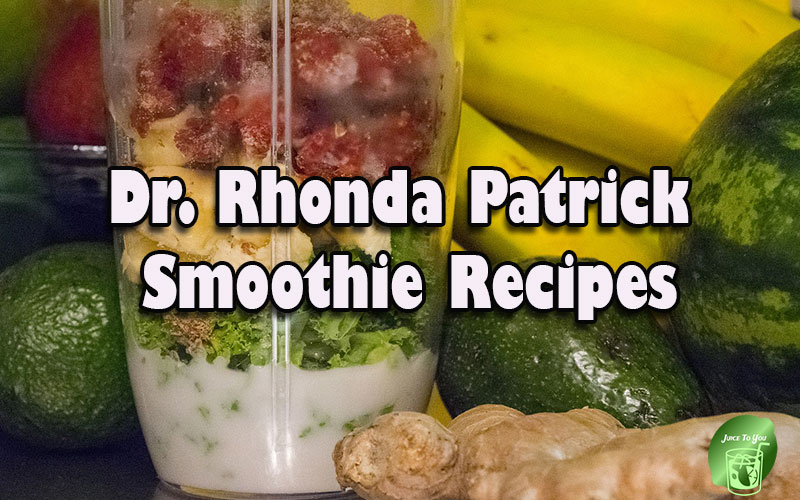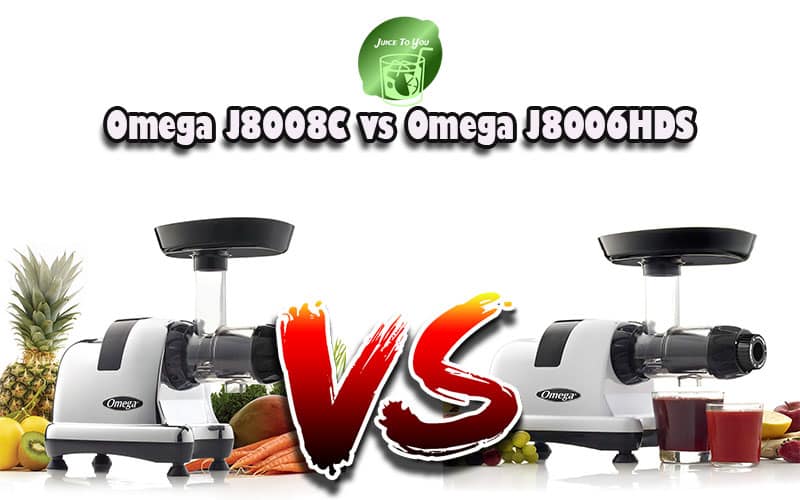Juice cleanses have gained popularity in recent years as a way to detox and jumpstart weight loss. But are they truly beneficial for your health? In this article, we will explore the pros and cons of juice cleanses, examining their potential benefits and drawbacks. By the end, you will have a clearer understanding of whether a juice cleanse is a healthy choice for you.
Review contents
Overview
What are juice cleanses?
Juice cleanses, also known as juice fasts, are short-term diets that involve consuming only fruit and vegetable juices while avoiding solid foods. These cleanses typically last for a few days to a few weeks, with the goal of providing the body with a concentrated amount of nutrients while allowing the digestive system to rest.
Why are they popular?
Juice cleanses have gained popularity in recent years due to their perceived health benefits. Many people are drawn to them as a way to detoxify the body, kickstart weight loss, and improve overall well-being. They are often advertised as a quick and easy way to reset your body and feel revitalized.
What is the purpose of a juice cleanse?
The main purpose of a juice cleanse is to provide the body with a high concentration of vitamins, minerals, and antioxidants found in fruits and vegetables. By consuming only juice, the digestive system is given a break from processing solid foods, allowing the body to focus on absorption and detoxification. Juice cleanses are also often undertaken as a form of short-term weight loss or to jumpstart a healthier lifestyle.
The Pros
Nutrient intake
One of the main benefits of juice cleanses is the high nutrient content found in fresh fruit and vegetable juices. These juices are packed with vitamins, minerals, and antioxidants that are crucial for overall health and well-being. By drinking juice throughout the day, you can easily increase your intake of these essential nutrients, which can support immune function, promote healthy skin, and boost energy levels.
Hydration
Staying hydrated is essential for maintaining optimal health, and juice cleanses can help with this. Fruits and vegetables are naturally high in water content, and by consuming their juices, you can easily increase your fluid intake. Proper hydration is important for digestion, circulation, and overall bodily functions, and juice cleanses can provide a refreshing way to stay hydrated while giving your digestive system a break.
Antioxidant consumption
Juice cleanses can be an excellent way to increase your antioxidant consumption. Antioxidants are compounds found in fruits and vegetables that help protect the body against harmful free radicals and oxidative stress. By consuming a variety of fresh juices, you can introduce a wide range of antioxidants into your system, potentially reducing the risk of chronic diseases and supporting overall health.
The Cons
Lack of fiber
One of the primary drawbacks of juice cleanses is the lack of fiber. When fruits and vegetables are juiced, the fiber is often removed, leaving behind mostly liquid. Fiber plays a crucial role in digestion and helps regulate blood sugar levels, promote healthy bowel movements, and support gut health. Without an adequate intake of fiber, you may experience digestive issues such as constipation and feel less satisfied after drinking juice.
Nutrient deficiencies
While juice cleanses can provide a concentrated source of nutrients, they can also lead to nutrient deficiencies. By eliminating solid foods from your diet, you may miss out on important macronutrients like protein and healthy fats. Additionally, certain vitamins and minerals found in adequate amounts in solid foods may not be as readily available in juice form. It’s important to consider the potential nutritional gaps that may arise during a cleanse.
Potential blood sugar spikes
Drinking only fruit and vegetable juices can lead to rapid spikes in blood sugar levels. Fruits naturally contain sugar, and even though it’s in the form of fructose, excessive intake can still cause blood sugar imbalances. Without the fiber present in whole fruits, the sugars in juices are absorbed more quickly into the bloodstream, potentially causing fluctuations in blood sugar levels. This can be particularly problematic for individuals with diabetes or those who struggle with blood sugar regulation.
Weight Loss
Temporary water weight loss
One of the immediate effects of a juice cleanse is often rapid weight loss, but it’s important to understand that this is mostly water weight and not fat loss. When you consume a low-calorie diet consisting mainly of liquids, your body will quickly shed excess water. While this can be motivating for some individuals who are looking to kickstart their weight loss journey, it’s crucial to recognize that this initial loss is not sustainable in the long term.
Limited evidence for long-term weight loss
While juice cleanses may lead to short-term weight loss, there is limited scientific evidence supporting their effectiveness for long-term weight management. Detox diets and cleanses are typically not sustainable or practical for long periods. Sustainable weight loss requires a balanced approach that incorporates regular exercise, portion control, and long-term dietary changes rather than relying solely on short-term cleanses.
Digestive System
Rest for the digestive system
One of the touted benefits of juice cleanses is that they provide a break for your digestive system. By consuming only liquids, your body doesn’t have to work as hard to break down solid foods. This can give your digestive organs, including the stomach and intestines, a chance to rest and recover. However, it’s important to note that the digestive system is designed to process a variety of foods, including fiber-rich solids, and may not function optimally when deprived of solid food for an extended period.
Reduced gut diversity
The lack of fiber in juice cleanses can negatively impact gut health and the diversity of beneficial bacteria in your gut. Fiber acts as a prebiotic, providing nourishment for the beneficial bacteria in your gut. Without a diverse range of fiber-rich foods, the population of these beneficial bacteria may decrease, potentially leading to digestive issues and a compromised immune system. It’s important to prioritize a balanced diet that includes a variety of whole foods to maintain optimal gut health.
Muscle Mass and Metabolism
Loss of muscle mass
During a juice cleanse, your calorie intake is significantly reduced, which can lead to muscle breakdown. Without an adequate protein intake, your body may break down muscle tissue to meet its energy needs. This can result in a loss of muscle mass and a decrease in overall strength and metabolism. It’s crucial to ensure that you’re getting enough protein to support muscle maintenance and prevent muscle loss, especially if you’re engaging in physical activity during a cleanse.
Potential impact on metabolism
A restrictive juice cleanse can also slow down your metabolism. When you drastically reduce your caloric intake, your body may perceive it as a period of famine and go into starvation mode. In response, your metabolism may slow down to conserve energy and prevent further weight loss. Once you resume normal eating patterns, your metabolism may take some time to readjust, potentially leading to weight gain. It’s important to approach weight loss in a sustainable way that doesn’t compromise your metabolism.
Detoxification
The body’s natural detoxification process
Contrary to popular belief, the human body is already equipped with a highly efficient detoxification system. Our liver, kidneys, lungs, and skin work together to eliminate toxins and waste products from the body. They are constantly detoxifying our system, and a juice cleanse isn’t necessary to support this natural process. It’s important to focus on consuming a balanced diet that supports overall health, rather than relying on short-term cleanses for detoxification.
Limited scientific evidence for detoxification benefits
While many people turn to juice cleanses for detoxification purposes, there is limited scientific evidence to support their efficacy in this regard. Claims that juice cleanses can rid the body of toxins or improve liver function are largely anecdotal and lack rigorous scientific backing. Instead of relying on cleanses, it’s more beneficial to focus on long-term lifestyle choices that promote overall health and support the body’s natural detoxification processes.
Risks and Side Effects
Nutrient imbalances
A prolonged juice cleanse can result in nutrient imbalances and deficiencies. By relying solely on juices, your diet may lack important macronutrients such as protein and healthy fats. Additionally, certain vitamins and minerals found in solid foods may not be as readily available in juice form. It’s important to consult with a healthcare professional or registered dietitian before embarking on a cleanse to ensure that you are meeting your nutritional needs.
Slower metabolism
As mentioned earlier, a restrictive juice cleanse can slow down your metabolism, which can ultimately hinder long-term weight management. By depriving your body of the calories it needs, your metabolism may decrease in an effort to conserve energy. This can make it more difficult to maintain weight loss or achieve sustainable results. It’s important to focus on nourishing your body with a balanced diet and regular physical activity rather than relying on drastic calorie restriction.
Blood sugar fluctuations
Drinking only fruit and vegetable juices can lead to rapid fluctuations in blood sugar levels. Fruits naturally contain sugar, and even though it’s in the form of fructose, excessive intake can still cause blood sugar imbalances. Without the fiber present in whole fruits, the sugars in juices are absorbed more quickly into the bloodstream, potentially leading to spikes and crashes in blood sugar levels. This can leave you feeling fatigued, irritable, and craving more sugary foods.
Sustainability and Long-Term Health
Sustainability of juice cleanses
Juice cleanses are not sustainable in the long term. While they may offer short-term benefits, the restrictive nature and lack of solid food make it difficult to adhere to for an extended period. Depriving your body of essential nutrients found in whole foods can lead to deficiencies and potential health complications. Instead of relying on cleanses, it’s important to adopt a balanced, varied diet that includes a combination of fruits, vegetables, whole grains, lean proteins, and healthy fats.
Long-term impact on overall health
While juice cleanses are often marketed as a way to improve overall health, they may not provide all the necessary nutrients for long-term well-being. A healthy diet should be based on a variety of whole foods that provide essential nutrients, including carbohydrates, protein, fats, vitamins, and minerals. By focusing solely on juices, you may miss out on important nutrients and compromise your overall health. It’s important to prioritize sustainable dietary habits that can be maintained in the long run.
Alternative Approaches
Whole food diets
Instead of relying on juice cleanses, a more sustainable approach to nutrition is to follow a whole food diet. This involves consuming a variety of minimally processed foods, including fruits, vegetables, whole grains, lean proteins, and healthy fats. Whole foods provide a range of essential nutrients, fiber, and antioxidants that are crucial for overall health and well-being. By nourishing your body with whole foods, you can support proper digestion, maintain a healthy weight, and promote long-term health.
Balanced nutrition
Balanced nutrition is key to promoting overall health and well-being. This means incorporating all the food groups in appropriate portions to ensure you are getting a wide range of nutrients. A balanced diet should include adequate protein, healthy fats, carbohydrates, vitamins, and minerals. By focusing on balanced nutrition, you can provide your body with the fuel it needs to function optimally and support long-term health goals.
Moderation
A key principle of a healthy lifestyle is moderation. Rather than relying on extreme measures like juice cleanses, it’s important to find a balance that works for you. Indulging in occasional treats or enjoying a glass of fresh juice can still be part of a healthy diet, as long as it’s done in moderation. By practicing moderation, you can create a sustainable approach to nutrition that allows for enjoyment and flexibility while promoting overall health and well-being.
In conclusion, while juice cleanses may offer some short-term benefits such as increased nutrient intake and hydration, they also come with potential drawbacks such as lack of fiber, nutrient deficiencies, and blood sugar spikes. There is limited scientific evidence supporting the effectiveness of juice cleanses for long-term weight loss or detoxification. It’s important to prioritize sustainable approaches to nutrition that include whole foods, balanced nutrition, and moderation. By focusing on long-term, healthy habits, you can support overall health and well-being while enjoying a varied and nourishing diet.

